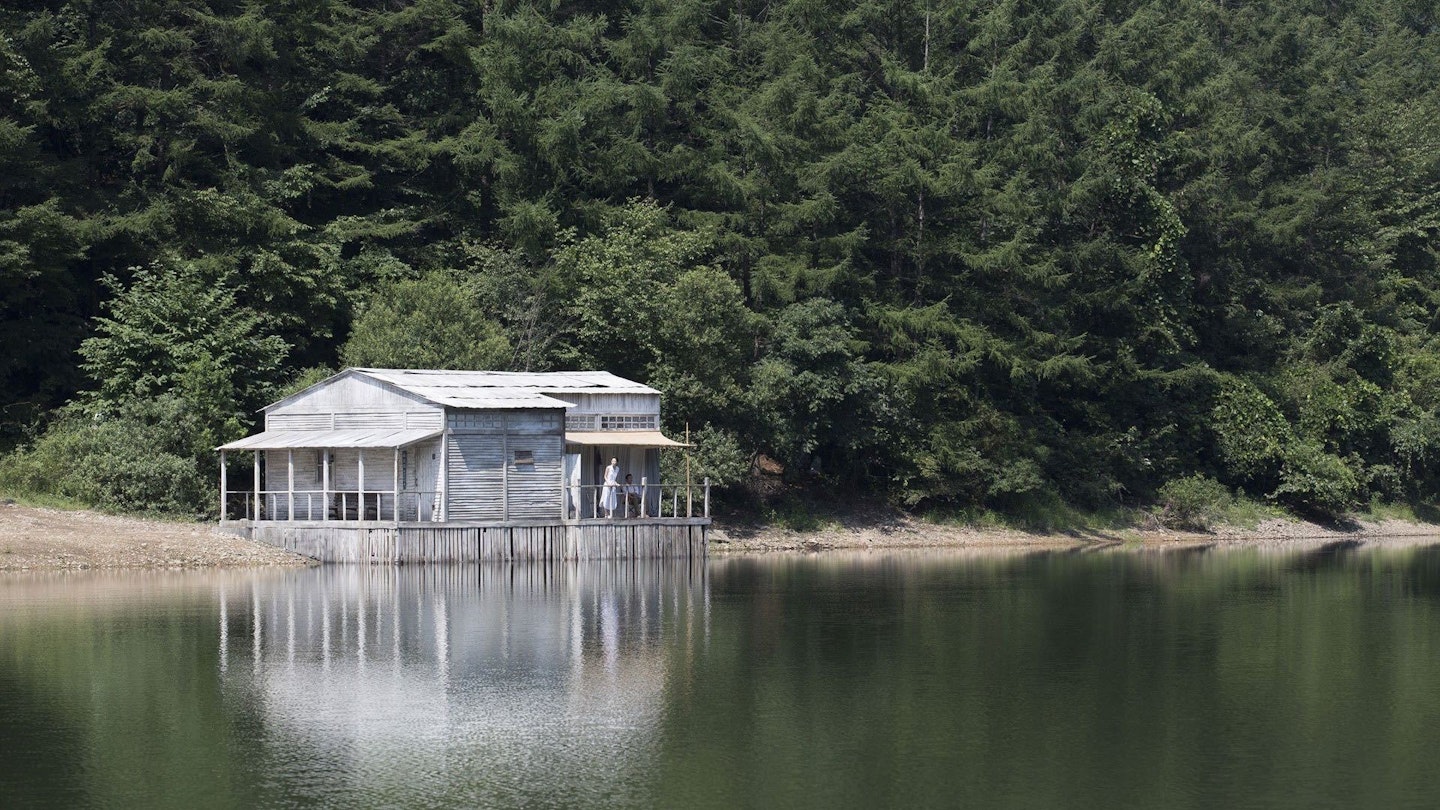A widowed professor (Ryu) lives with his doting, dutiful and constantly smiling daughter (Hara), a woman who does not take her father's barked orders seriously but still gives up her entire life to keep him comfortable. Friends and relatives, including Ryu himself, wonder aloud when Hara will marry and move on, but Hara merely shivers with horror at the idea, seeing off several suitors in the process.
Then an aunt (Sugimura) introduces Hara to a young man who reputedly looks like Gary Cooper (we never see him) and something approximating to romance develops. When Ryu sees that his daughter is still reluctant to leave the family home because she is concerned that he will be unable to cope without her, Ryu leads her to believe that he is himself considering a new marriage, and at last the filial kimono strings are severed. Made in 1949, this black-and-white drama deals yet again with Ozu's favourite themes: self-sacrifice within the traditional Japanese family, and the inevitable tragedy of children who leave.
So precisely acted and directed that it has the formal beauty of a miniature, this is at once restrained and teeming with passion Ozu's exclusion of Hara's Cooperesque suitor from the film, in particular, focuses the father-daughter relationship to such an extent that it's hard not to regard their relationship as a little unhealthy. Though not the absolutely crushing masterpiece of Ozu's later film Tokyo Story, this winds up with a quietly devastating image of abandonment the resigned Ryu sobs over a peeled apple and Ozu cuts to relentless waves that is as moving as they come.
